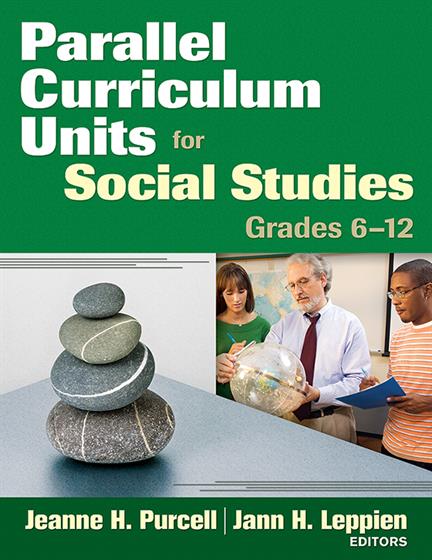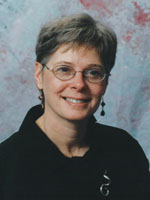Hands-on, Practical Guidance for Educators
From math,
literacy, science, equity, multilingual learners, and SEL, to assessment, school counseling,
and education leadership, our books are research-based and authored by experts
on topics most relevant to what educators are facing today.

Parallel Curriculum Units for Social Studies, Grades 6-12
Design Parallel Curriculum units for in-depth learning in social studies!
Based on the best-selling book The Parallel Curriculum, this resource deepens teachers' understanding of how to use the Parallel Curriculum Model (PCM) to provide rigorous learning opportunities for students in social studies. This collection of sample units from experienced teachers demonstrates what high-quality curriculum looks like within a PCM framework. Covering history, geography, sociology, and interdisciplinary studies, these field-tested units each contain:
- Teacher explanations of the unit design
- Connections to concepts, skills, and standards
- Step-by-step directions for delivering the lessons and units
- Modification strategies and methods for assessment
- Grade Level: 6-12
- ISBN: 9781412965408
- Published By: Corwin
- Year: 2009
- Page Count: 240
- Publication date: December 10, 2009
Review Copies
Review copies may be requested by individuals planning to purchase 10 or more copies for a team or considering a book for adoption in a higher ed course. Request review copy


